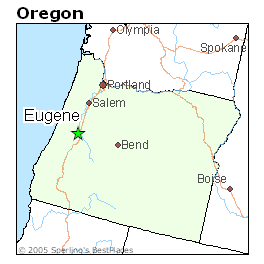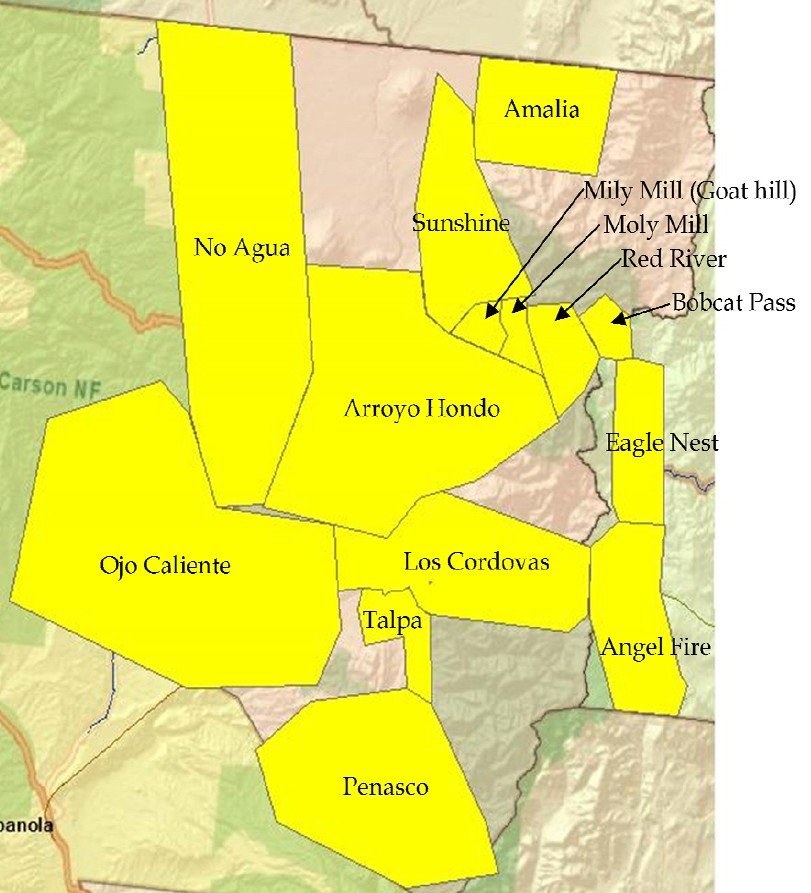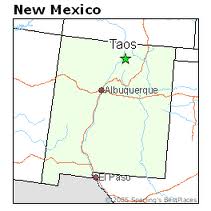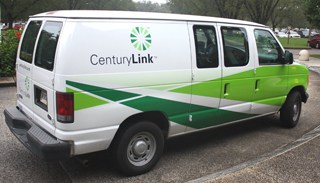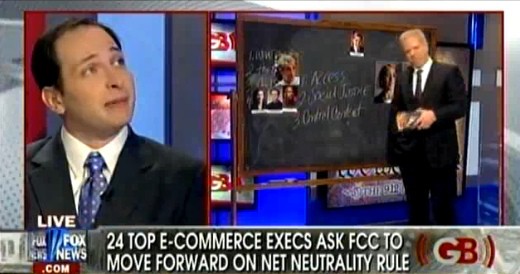Low income Americans may soon be able to obtain substantial discounts on broadband Internet service as part of an expansion of the Lifeline program, which currently provides subsidized landline and cell phone service. The Federal Communications Commission is considering the future of the program, which currently focuses on basic telephone service, but could soon be expanded into broadband.
But before that can happen, the Lifeline program itself must undergo a comprehensive review process, according to FCC Chairman Julius Genachowski.
The FCC admits the program is overdue for reform. Recent investigations found billions in potential savings from the elimination of significant waste, fraud, and abuse.
The most costly problems appear to be coming from the recently introduced subsidized cell phone program, which hands out free or extremely low-cost cell phones to poor Americans, paid for by other ratepayers as part of the “Universal Service” surcharge. Recent audits found many recipients double-dipping or worse, signing up for free cell phones for individual family members while already receiving a separate landline discount. Under FCC rules, Lifeline recipients are supposed to receive a single subsidy per household, either for cell phone or landline service, not both. But in several cases, informal audits found families with multiple cell phones, some handed out to children.
The FCC only recently decided to create an Accountability Database to track Lifeline program benefits. Scammers have used loopholes to sign up those unqualified to participate, and some customers have obtained cell phones from multiple providers, a violation of the rules. Ratepayers could save nearly $2 billion annually once ineligible accounts are closed and the double-dipping has been stopped. Some of those savings can be used to help defray the costs of Lifeline broadband, a potential new program that could deliver basic broadband service to low income households for around $10 a month.
Currently, a handful of cable and phone companies offer a similar service to those families who qualify for subsidized school lunches. The FCC is analyzing data collected by providers like Comcast to help build a model program not affiliated with any single provider.
Genachowski said the program will not only help defray the costs of broadband service, but also get low-cost computers and training into the hands of needy families.
One of the most commonly-reported reasons why consumers do not adopt broadband service is its relatively high cost. Most low-income broadband programs deliver basic 1-3Mbps service, but only to families with school-age children.
[flv]http://www.phillipdampier.com/video/FCC Lifeline.flv[/flv]
The FCC produced this video explaining the Lifeline program, who is eligible, how it works, and how to sign up. (8 minutes)


 Subscribe
Subscribe
